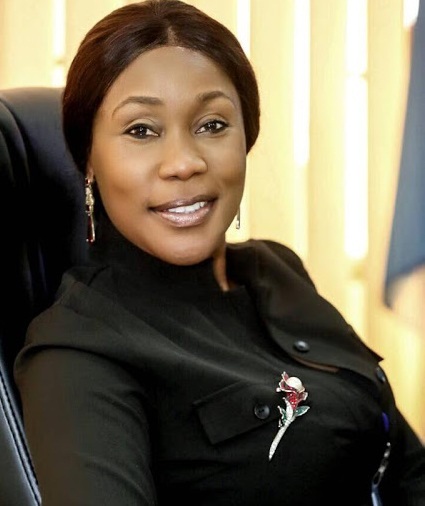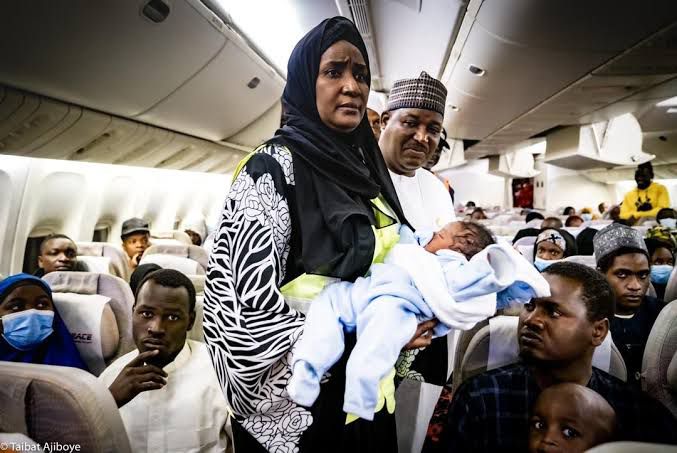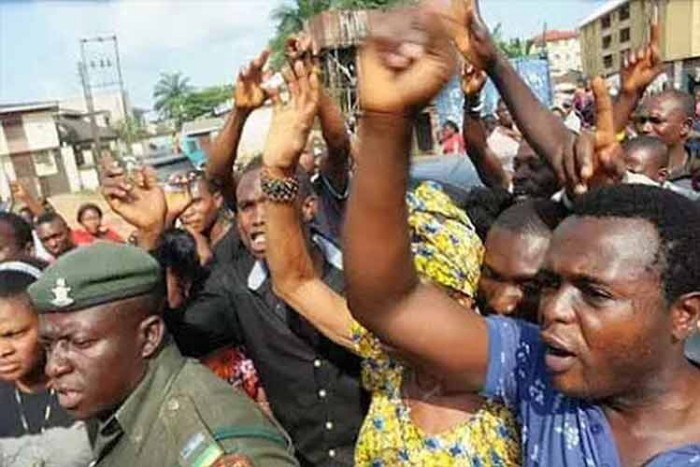El-Rufai: A Critic’s desperation for silence
On October 26, 2016, Dr. John Dan Fulani, public commentator and lecturer at the Kaduna State University, was arrested and detained for 13 days. His offense: He made a Facebook post criticising Nasir el-Rufai, governor of Kaduna State. A reporter with a local newspaper, for publishing a story claiming the governor had asset worth billions of naira, was equally detained for 13 days. Luka Binniyat, a Kaduna-based journalist, published reports on the recent Southern Kaduna killings. For so doing, he was constantly harassed by agents of the state government. Rights activist Gloria Ballason’s radio programme was shut down. The state government had found the programme “troubling and upsetting.”
To be fair, this persecution of free speech didn’t start with Governor el-Rufai. For posting pictures of Fulani murders in Southern Kaduna in 2013, Reuben Buhari, a former aide to former Kaduna State governor, Patrick Yakowa, was repeatedly harassed. But el-Rufai’s media repression strikes a brow-raising effect for its element of contradiction. For a man who reached power standing on the pedestal of free speech, media gagging is such a tragic irony.
A recent survey by a non-governmental organisation, Spaces for Change, assessing freedom of expression within the Kaduna civic space, reveals gross abuses. All 13 civil society actors interviewed bemoaned incessant government harassment and, especially, social media muffling. The social media invites more intimidation for its more democratic nature, its dynamic of spread. While the conventional media can be silent to ensure its survival from government patronage, the social media, is sustained by cheap, powerful clicks. It is depressing that the governor, is the one manning the dark work of blighting expression. Being accused, sometimes plausibly, of Fulani sectionalism, is bad enough.
Sometimes plausibly, like in his handling of the recent Southern Kaduna killings. When they do not smack of appeasement to the Fulani sense of entitlement, his utterances inspire little or no confidence in the victims. “The Fulani have lived in Southern Kaduna for over 200 years. How can they be calling them non-indigenes?” the governor was reported to have said on the Hausa edition of Voice of America. The Christian Association of Nigeria, Kaduna State chapter, believes “the posture of the government encourages the killings”. The leadership of the Southern Kaduna People’s Union (SOKAPU) has no faith in the government. This, even as certain reports allege that security agents stood aside as people were hacked to death. There was the case of Pasokari village, where a village head and six others were invited for a “peace meeting” by men in military uniforms. They were brutally killed and nothing happened.
Nor has there been remarkable effort at remediation. “Government has not shown sufficient interest in bringing unprovoked attacks in Southern Kaduna to an end”, said Dr. Solomon Musa, SOKAPU leader. Unless there is a more recent development, only one IDP camp caters to the massive humanitarian crisis in Southern Kaduna. Children are out of school; people are displaced from work; hunger bites. Yet in all these, the state government is more interested in siting a grazing reserve in Southern Kaduna. Why not in Northern Kaduna?
On sectionalism, the governor may have his defense: that he has been equally repressive of specific Muslim interests and rights. In other words, it has been a democratic intolerance. There are the Shiite killings and more to his credit; and the proscription of the Islamic Movement of Nigeria (IMN), even though his detractors might insist he shares that credit with the commission of inquiry that recommended that proscription.
The impunity of Fulani violence across the country finds imprimatur in government indulgences, such as in Southern Kaduna. Failing to protect a people and yet threatening to punish them for self-defense is blatant acts of oppression. What is more, muzzling and harassing those who express such injustices is plainly evil.
One must admit: governance, especially in a volatile state like Kaduna, may sometimes warrant some form of state censorship. Reuben Buhari, for instance, was being harassed for sharing images that “could incite public anger” and cause reprisals. But a government should not be paranoid of expression as to become desperate for silence.
Meanwhile, the state government denies all these charges; either there is a conspiracy for false witnessing against the government by the Kaduna civil society or the denials are misleading.
For several reasons, the NGO’s report is unsettling: it says, El-Rufai is one of the symbolic faces of the current administration, with respect to his closeness to the presidency, and thus his actions against freedom of speech and minority concerns come at a high cost. The impunity of Fulani violence across the country finds imprimatur in government indulgences, such as in Southern Kaduna. Failing to protect a people and yet threatening to punish them for self-defense is blatant acts of oppression. What is more, muzzling and harassing those who express such injustices is plainly evil.








